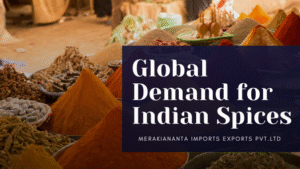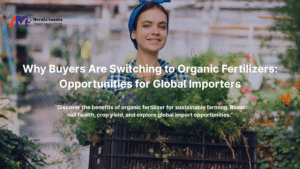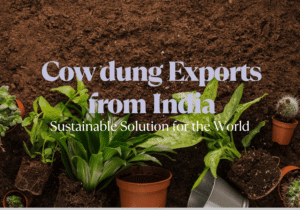The Future of Organic Fertilizers
In the last few years, farming and food production have witnessed a dramatic shift. More farmers, distributors, and end consumers are turning their focus toward organic fertilizers—a sustainable alternative to chemical inputs. This rising demand is not only reshaping agriculture but also opening tremendous doors for global importers and exporters.
If you are an international trader or importer, understanding why buyers are choosing organic fertilizers can help you seize new business opportunities. Let’s dive into the factors driving this shift and how you can position yourself in this growing market.
1. The Global Push Towards Sustainable Farming
The modern world is increasingly aware of climate change, soil degradation, and the environmental costs of chemical farming. As a result, governments, NGOs, and consumers are all encouraging sustainable farming practices.
Unlike synthetic fertilizers, organic alternatives work with nature. They replenish soil nutrients, improve fertility, and reduce harmful runoff. For farmers, this means healthier soil that can sustain crops for decades, not just a single harvest.
This global movement towards sustainability is creating a surge in demand for natural fertilizer options—making it the perfect time for importers to explore this sector.
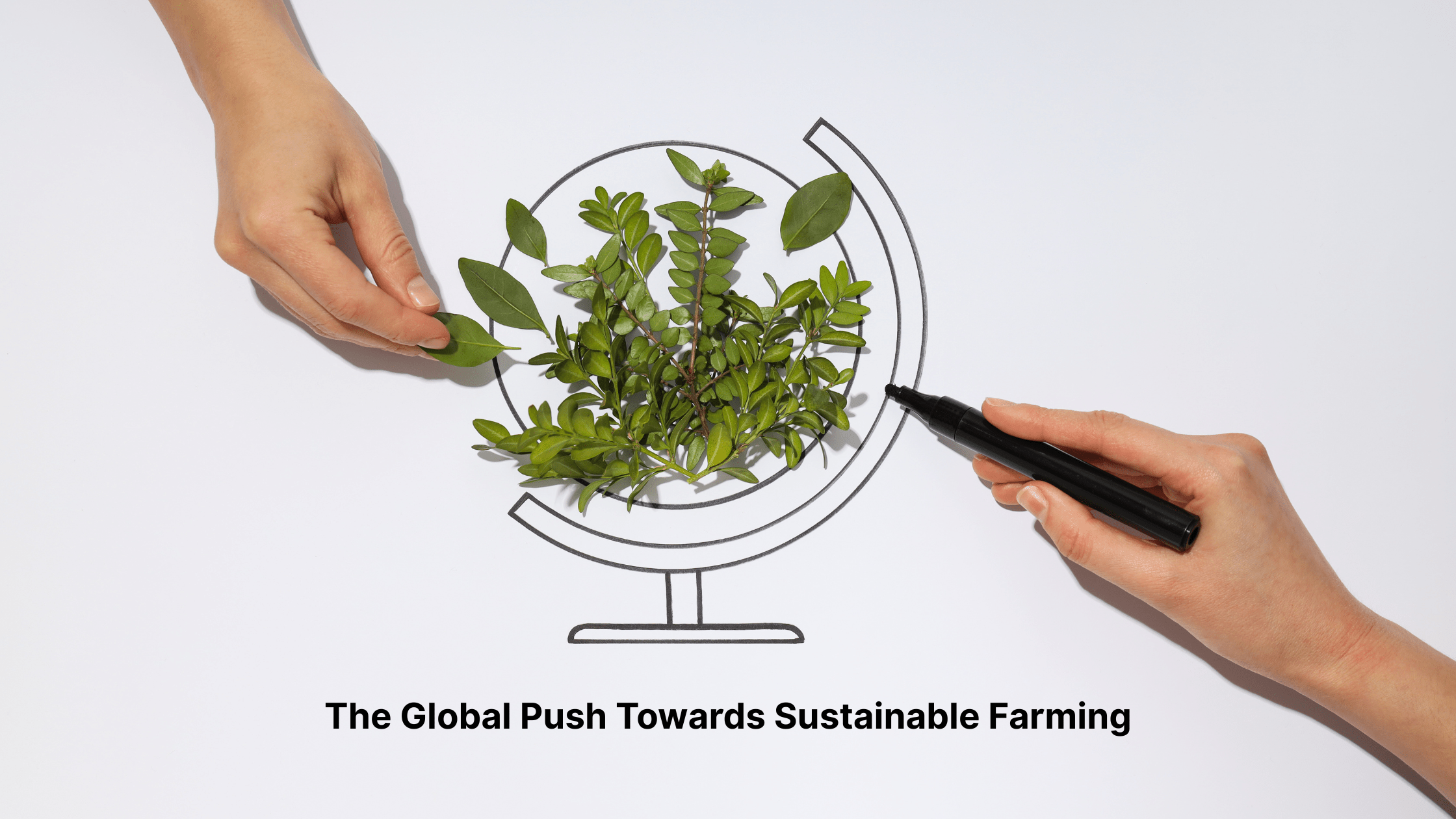
2. Health and Consumer Awareness
Today’s consumers don’t just care about price—they care about where their food comes from. Shoppers are reading labels, checking for certifications, and choosing organic over conventional products.
And here’s the chain reaction:
-
Farmers need to produce chemical-free crops.
-
To do this, they require fertilizer for plants that’s 100% natural.
-
This creates a strong and growing market for organic fertilizers worldwide.
For importers, this consumer-driven trend means that organic fertilizers aren’t just a passing fad—they are becoming a necessity for global agriculture.
3. Varieties of Organic Fertilizers in Demand
Not all organic fertilizers are the same. Buyers are diversifying their preferences depending on crops, soil types, and regional farming methods. Some of the most popular include:
-
Vermicompost: Produced from earthworm digestion, it’s rich in nutrients and widely accepted in organic farming.
-
Composted Manure: Cow dung, poultry litter, and other natural manures processed for balanced nutrient release.
-
Plant-based Fertilizers: Neem cake, seaweed extracts, and bone meal are gaining popularity.
-
Natural fertilizer blends: Combining different organic inputs to create customized soil solutions.
This product diversity provides importers and traders with plenty of options to meet market needs.
4. Government Policies and Incentives
Many countries are offering subsidies, tax benefits, and grants for organic farming. For example:
-
The European Union has strict regulations and supports organic agriculture under its Green Deal initiative.
-
Countries like the USA, Canada, and Australia provide organic certifications that encourage adoption.
-
Developing markets in Asia and Africa are promoting organic fertilizers to reduce dependence on expensive chemical imports.
For global importers, aligning with these supportive policies means easier market entry and long-term profitability.
5. The Rising Popularity of Vermicompost
Among different organic fertilizers, vermicompost is experiencing significant growth. Farmers love it because it:
-
Improves soil aeration.
-
Retains moisture effectively.
-
Supplies a wide range of nutrients.
-
Enhances crop yield naturally.
As more buyers discover its benefits, vermicompost exports are becoming a major trade opportunity. Importers who establish reliable supply chains for vermicompost can quickly build credibility in this booming niche.
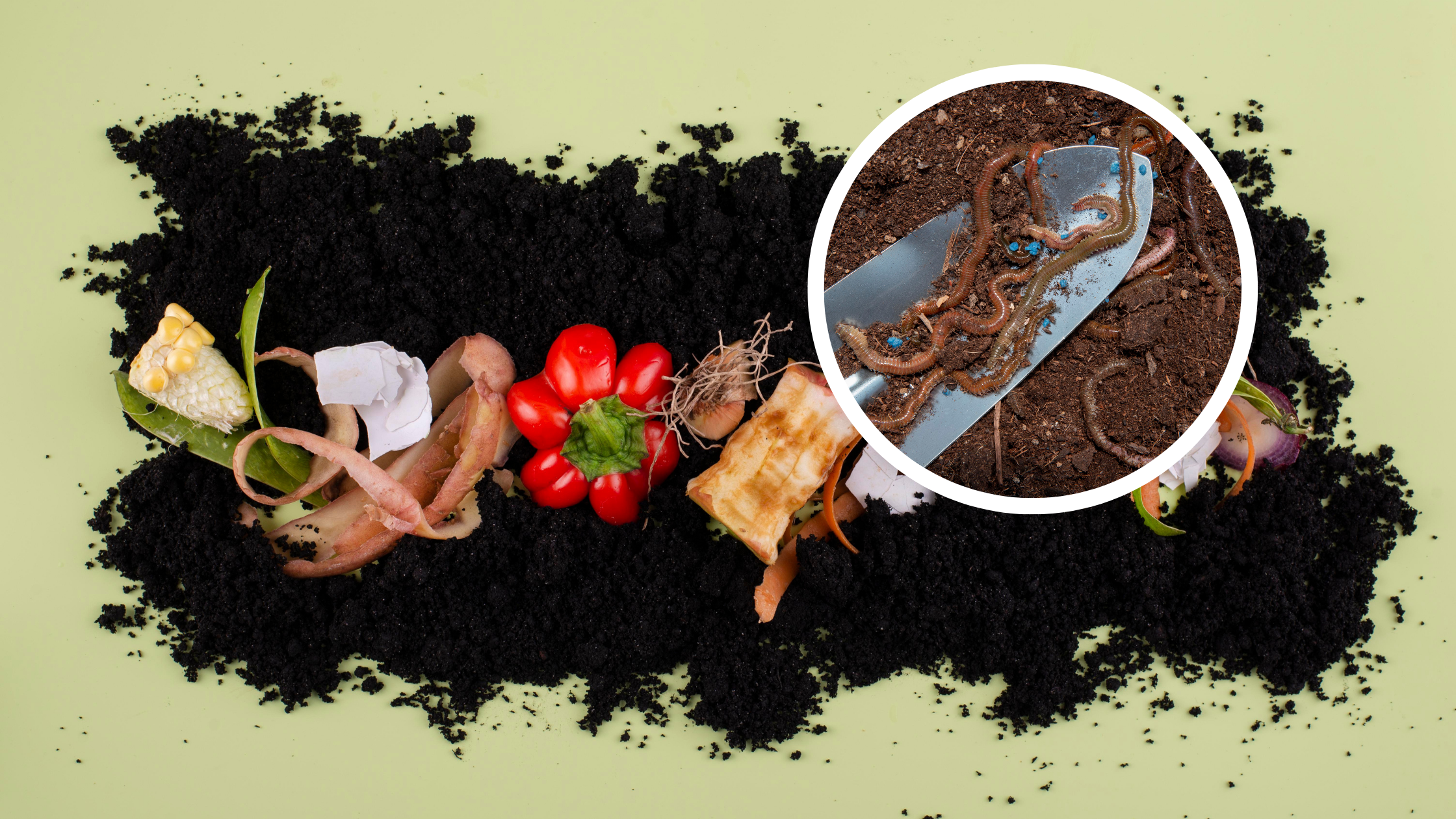
6. Environmental Benefits Are Driving Sales
Let’s face it: chemical fertilizers may boost yields in the short term, but they come with heavy environmental costs—soil depletion, water contamination, and loss of biodiversity.
In contrast, organic fertilizers:
-
Reduce carbon emissions.
-
Encourage microbial activity in the soil.
-
Help restore ecosystems.
This eco-friendly reputation makes them attractive not only to farmers but also to governments and international buyers who want to promote a green image. Importers who highlight these advantages in their marketing can stand out from competitors.
7. Opportunities for Global Importers
So, what does all of this mean for you as a global trader or importer?
-
High demand, low saturation: Unlike chemicals, organic fertilizers are still an emerging market in many countries.
-
Premium pricing: Buyers are willing to pay more for natural fertilizer because of its long-term benefits.
-
Diverse customer base: Importers can target wholesalers, distributors, agricultural cooperatives, food manufacturers, and even direct-to-farmer sales.
-
Sustainable reputation: Partnering with organic agriculture improves your brand’s credibility and global trust.
In short, the opportunity is massive—and growing every year.
8. Overcoming Challenges
Of course, every business opportunity comes with challenges. Importers in the organic fertilizer trade often face:
-
Certification and regulatory hurdles.
-
Limited awareness among farmers in some markets.
-
Higher logistics costs due to bulk shipments.
But the long-term benefits outweigh these challenges. Building partnerships with reliable exporters, ensuring proper documentation, and educating local farmers can help importers navigate these issues smoothly.
9. The Future of Organic Fertilizers
Industry reports predict the global organic fertilizer market will grow at over 7–8% CAGR in the next five years. With increasing awareness, policy support, and consumer demand, this sector is no longer “optional”—it’s becoming the future of farming.
For importers and traders, entering this market now means securing a strong position before competition intensifies.
Final Thoughts
The world is moving toward sustainability, and organic fertilizers are at the heart of this transformation. From vermicompost to other natural solutions, the demand is growing rapidly across continents.
For global importers, this shift presents an incredible opportunity to build profitable businesses while contributing to a healthier planet. By focusing on sustainable farming, offering trusted products, and creating reliable supply chains, you can become a key player in the agricultural revolution.
Now is the time to invest, connect with suppliers, and build your market presence. Because the future of farming—and trade—is undeniably organic.

